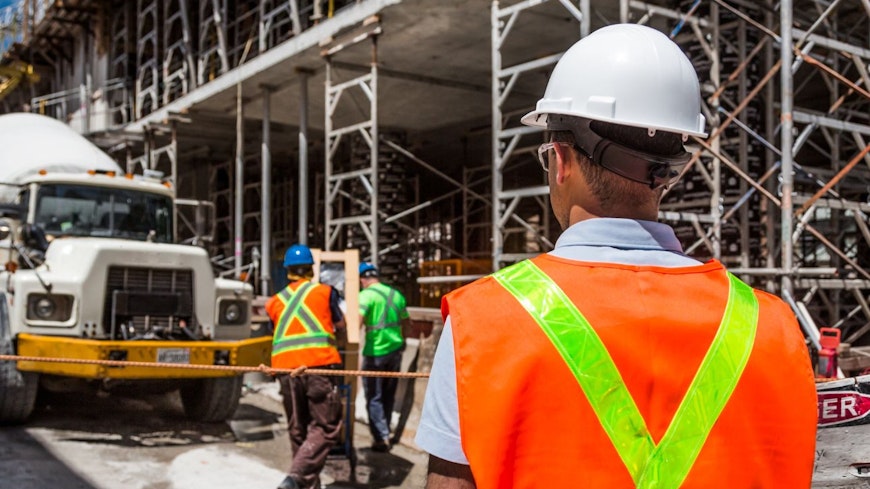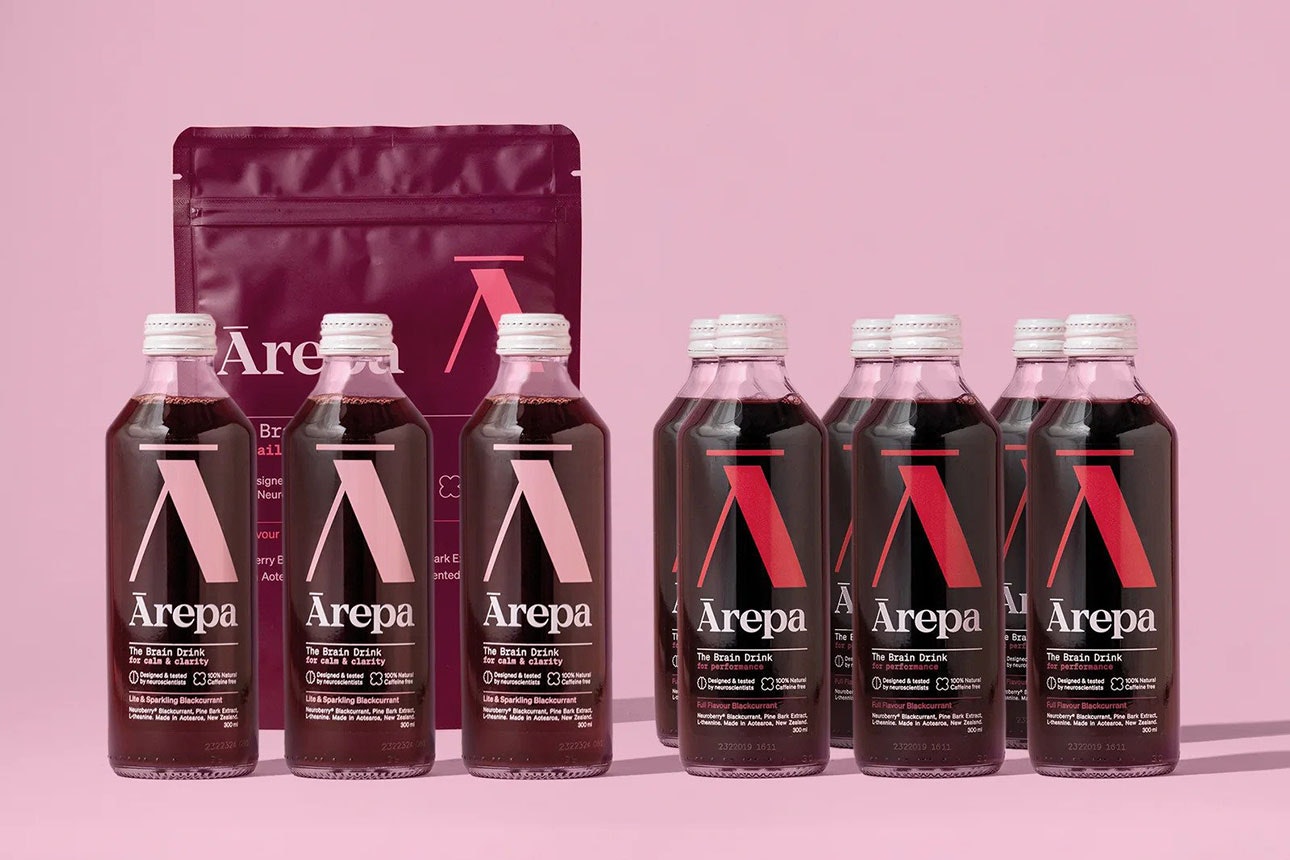
By Rebecca Styles
Research Lead | Hautū Rangahau
The Commerce Commission has filed charges against two construction companies and two directors in Aotearoa’s first-ever criminal prosecution for cartel conduct.

The criminal charges relate to alleged bid rigging for publicly funded infrastructure projects in Auckland.
The proceedings send a strong message to businesses that the Commission will not tolerate cartel conduct, and is prepared to lay criminal charges to enforce the law, Commerce Commission chair, John Small, said.
The construction companies and directors have not been named.
The charges follow an investigation by the Commerce Commission.
The Commission has prosecuted cartel cases as civil cases previously, but this is the first time it’s laid criminal charges. In 2021, cartel conduct became a criminal offence.
What is cartel conduct?
Cartel conduct is when two or more businesses agree not to compete against each other, and instead form an agreement to work alongside each other. They can do this by price fixing, allocating customers between them, or restricting goods and services.
“Cartel conduct harms consumers through higher prices or reduced quality,” John Small said.
What is bid rigging?
Bid rigging – or collusive tendering – is a form of price fixing. It means that those tendering for work form an agreement on who should win the tender or are otherwise given an unfair advantage in the tendering process.
For example, one bidder may bid at an inflated price, making it more likely the cheaper bid will win.
John Small said cartel conduct also harms other businesses and the taxpayer.
“Bid rigging for publicly funded construction contracts loads extra costs onto taxpayers and the New Zealand economy as conduct of this type undermines fair competition.”
Big fines for successful prosecutions
The maximum sentence for individuals and businesses found to have been intentionally engaged in a cartel is up to 7 years’ imprisonment, and/or:
a fine of $500,00 for individuals
a fine representing the greater of $10 million, or three times the commercial gain from the offending, or 10% of the company’s turnover for businesses.
Treating cartels as a criminal matter gives the Commission more powers to investigate allegations and collate evidence.
Civil proceedings will continue to be available to the Commission to prosecute cartel conduct. The legal path the Commission chooses to take will depend on the level of offending.

We know your rights
Got a problem with a faulty product, received shoddy service or been misled by a retailer? Our expert advisers can provide clear, practical advice that you can trust.



